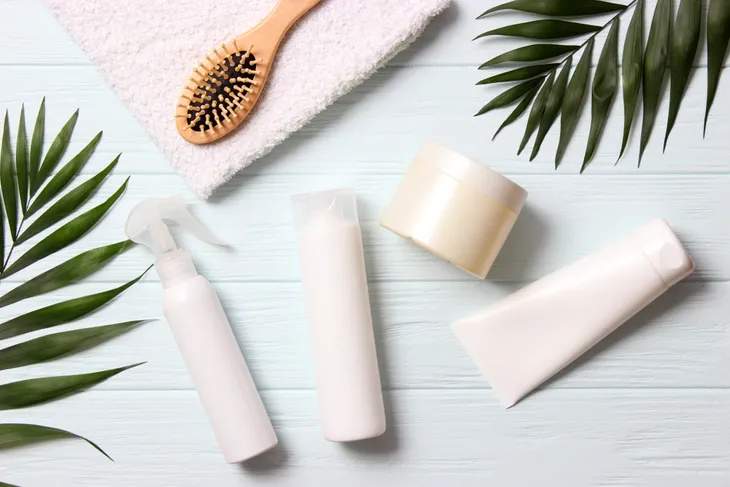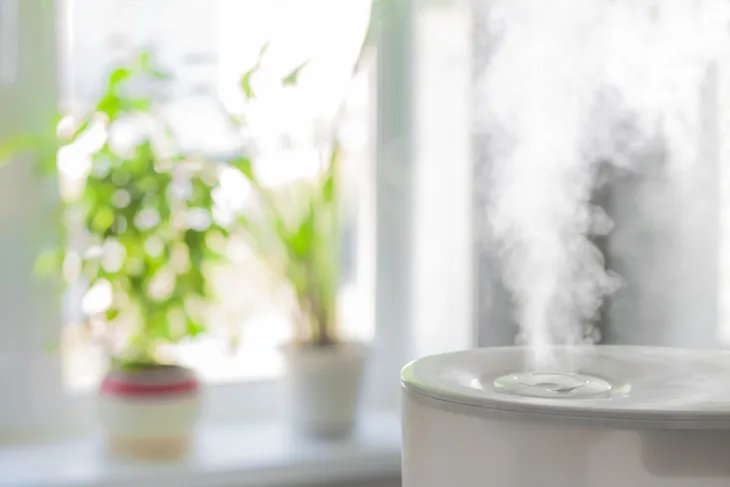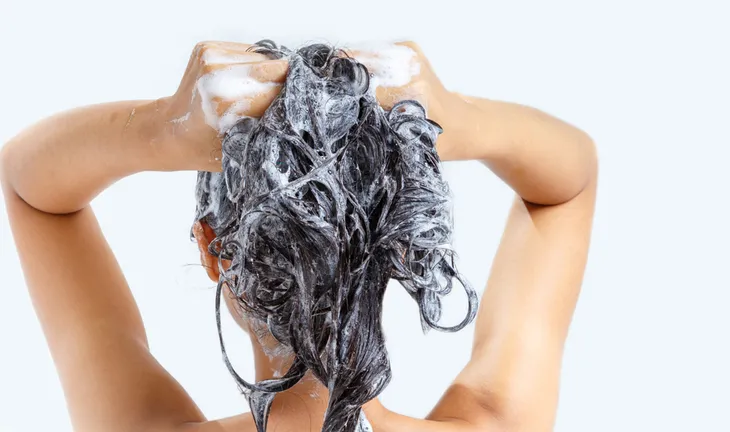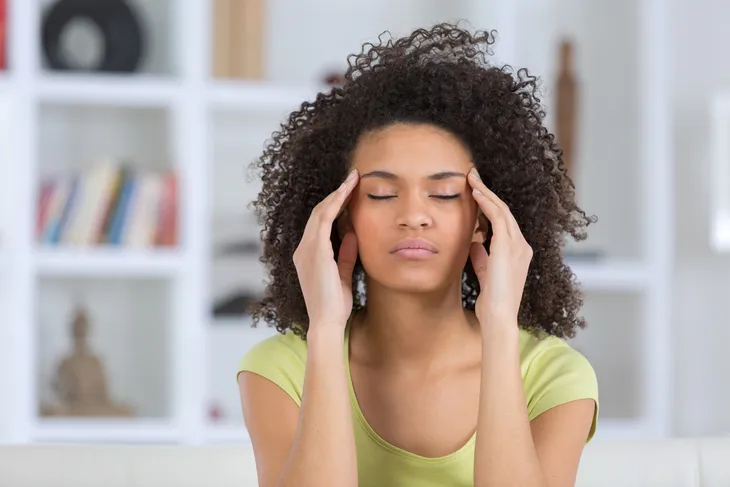Fighting through the tasks of a normal day whilst battling a particularly severe flare-up of dry, itchy scalp symptoms can be challenging. It’s next to impossible to focus on anything of significance when your scalp feels like one big mosquito bite.
Itching, irritation, and flaking skin are signals that your body uses to tell you that your scalp is way too dry. But those symptoms don’t tell you anything about the underlying cause. Today, we’re going to take a look at some potential causes of your itchy, dry scalp. While we can’t diagnose your condition (only your doctor can do that), we can hopefully provide you with some insight into what may be causing this incredibly common ailment.
Allergies
Have you dyed your hair, switched to a new brand of products, or used a new shampoo recently? If so, the itchiness that you’re experiencing may be nothing more than the aftermath of an allergic reaction, or contact dermatitis.
Symptoms of contact dermatitis are typically restricted to the exposed area and can include redness, burning, dryness, and blisters. Solving this problem is a matter of zeroing in on the product that you are allergic to. You can do so by phasing out one hair product at a time and self-monitoring your symptoms. As for the rash, that should clear up in about a week or two, providing you don’t spend all day scratching it.
Humidity
Skiing, hockey, and playoff football are great. But the wintertime also brings colder weather, which in turn can cause scalp dryness.
It’s not the cold itself that causes an itchy scalp, instead, it’s the effect that the cold air has on indoor and outdoor air humidity levels. Humidity levels drop outside in the wintertime, and our reliance on electrical indoor heating to keep us warm sends indoor humidity levels crashing too. All of which can add up to a whole lot of dry, itchy skin. If this sounds familiar, it may be time to invest in a quality humidifier.
Dandruff
Dandruff is not dry skin. The two conditions do however share a lot of the same symptoms. Dandruff is incredibly common and characterized by flaky skin that is localized to a person’s scalp. It can sometimes be hard to treat. In addition to the formation of skin flakes on the scalp, dandruff may also cause the scalp to itch.
Its cause can be difficult to pinpoint. A person’s dandruff may be caused by oily skin, not shampooing enough, or even a yeastlike fungus called Malassezia. Thankfully, most instances of dandruff can be treated at home with the disciplined use of medicated shampoo.
Washing Too Much
As counterintuitive as it may sound, washing your hair too much is indeed a bad thing. Everyone’s hair is different, but the general consensus is that washing your hair every day is not optimal. Washing too much can impact the texture of your hair, cause split ends, lead to brittleness and even cause a dry and itchy scalp.
If you’ve been busting out the shampoo every day, then maybe try washing your hair less frequently and see if that solves that itchy scalp issue once and for all.
Anxiety
The general public’s understanding of chronic anxiety’s complexities is, to say it as nicely as possible, limited. To be fair to the public, the symptoms of anxiety can sometimes be a moving target. You may be surprised to learn that one of the symptoms of anxiety includes an itchy scalp.
Periods of heightened anxiety sometimes overload the parts of your nervous system that respond to stress. That chain reaction does cause sensory symptoms, and those symptoms aren’t always visible. But rash or no rash, anxiety can lead to itching, and even burning sensations anywhere on your skin.
Treating anxiety-induced itchiness is about treating the underlying causes of an individual’s anxiety. Sufferers are encouraged to seek care from their primary care physician or mental health professional.
Preventing Itchy, Dry Scalp
You’ve learned a lot about the symptoms and causes of dry and itchy scalps, and even a few popular treatments. But what can you do today to protect your precious skin from having to deal with this issue ever again? Glad you asked.
Wash your hair regularly to cleanse yourself of excess oils but remember not to wash it too much. This strategy works best when the water is warm as opposed to piping hot shower water. Next, relying on a humidifier, especially in the wintertime, can help prevent dry, itchy skin from developing all over your body.
Further, those prone to allergies could do well to avoid using products that contain dyes, fragrances, and harsh chemicals. Lastly, refrain from sharing combs, brushes, hats, towels, helmets, and pillowcases with anyone other than your significant other.
Itchy, Dry Scalp
You may find comfort in knowing that a dry, itchy scalp is incredibly common, though sometimes the condition’s underlying cause can be difficult to pinpoint. Allergies, humidity, anxiety, dandruff, and even washing too much can lead to a lot of annoying problems down the line. Thankfully there are a lot of at-home remedies available to anyone looking for relief.
You can recover from a dry itchy scalp pretty quickly, though those prone to dry skin or dandruff will probably be stuck managing their symptoms for much of their life. That said, if you’re ever concerned about your dry, itchy scalp, don’t hesitate to discuss your symptoms with your doctor.










